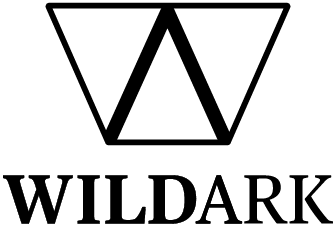Indonesia is a country rich in biodiversity, but exceptionally poor in environmental education and sustainable practices. With a population of more than 260 million people, the environment often conflicts with the demand for resources of a growing economy. The statistics are devastating. Rainforests the size of 134 football fields are cut down every hour, the rivers are the most polluted in the world, the oceans are full of plastic, 82 percent of the coral reefs have died, and the wildlife is being pushed to the brink of extinction due to the illegal wildlife trade. In light of this, Green-Books.org, a volunteer-based organisation, is targeting future generations to raise awareness about the importance of healthy ecosystems and sustainable practices. Primarily they use children’s books and educational innitiatives as a foundation to inspire change in tomorrow’s leaders.
We chatted with green-books.org Co-Founder and Managing Director Petr Hindrich to find out more.
WildArk: How did the idea for green-books.org come about?
Petr: The idea came about spontaneously while I was traveling to Indonesia on surf trips. I was bringing books about nature and the environment to the local kids in my backpack. Their reaction to the books inspired me to take it a step further, and over time I developed an eco-literacy program for environmental education.
WildArk: Why is environmental awareness so crucial in Indonesia?
Petr: There is so much biodiversity in Indonesia, but unfortunately even more environmental destruction. Indonesia is the second largest polluter of the ocean in the world. Every minutes, six tons of plastic is dumped into the ocean in Indonesia, and we have the highest rate of deforestationin the world. It is absolutely terrible, and it’s still happening, but people don’t realise it. On the positive side, everyone in Indonesia can communicate in Bahasa Indonesia which means we can reach 260 million people and 85 million kids.
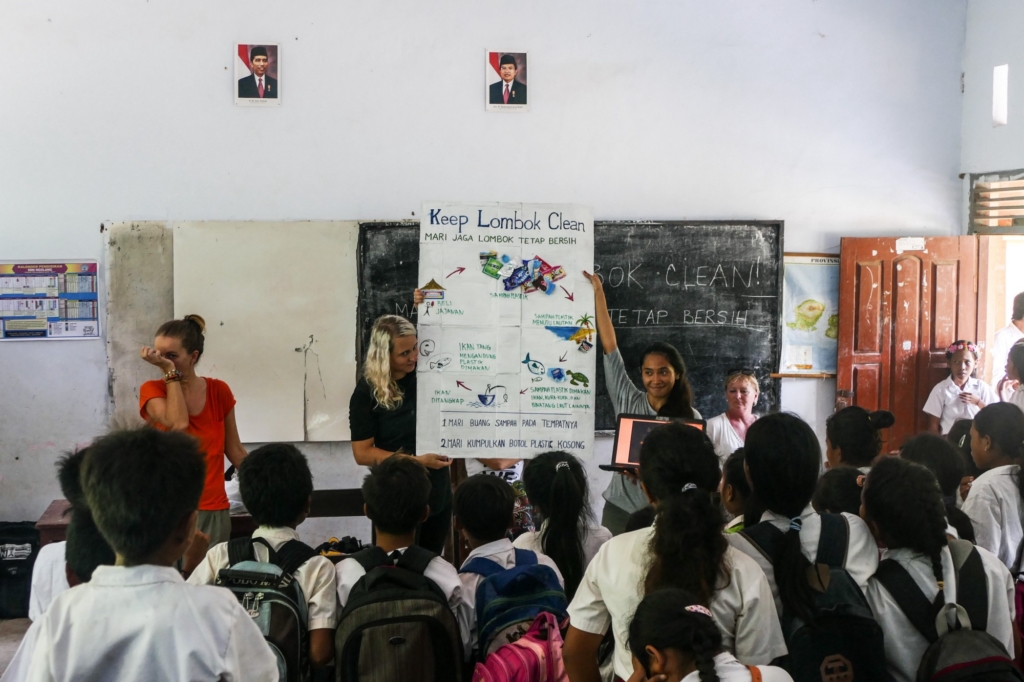
WildArk: Why are you targeting kids, specifically?
Petr: Influencing kids is important because they are still open-minded — they have ‘clean hard drives’. It’s our mission to inspire them to make the right decisions and influence those around them.
WildArk: Why have you chosen books as a medium for environmental education?
Petr: I believe books are the core tool to make kids curious about nature and the environment. Some kids in Indonesia don’t have electricity or access to books. They have no concept of reading for pleasure. For them, reading is what they have to do with a school textbook for homework. They don’t have their grandmothers giving them books as birthday presents to read before they go to bed, so while we want to educate them about the environment, we also aim to improve literacy skills.
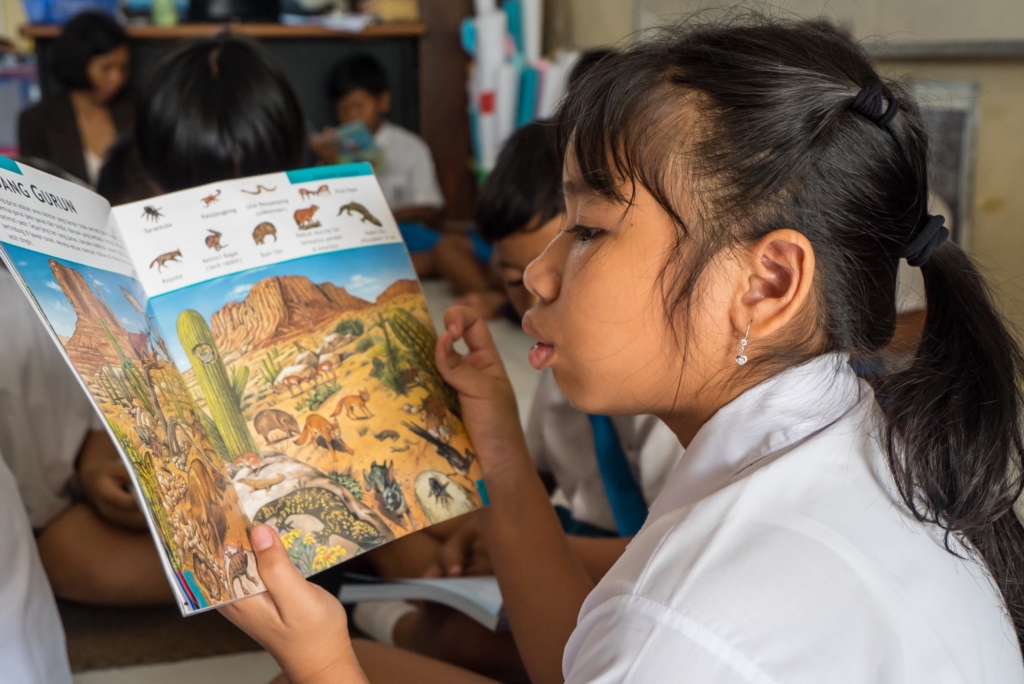
WildArk: Who do you supply the books to?
Petr: We supply books to people who run environmental programs. They understand that these problems can be solved through prevention and education and we work with them to become co-ordinators of our eco-libraries. Our books are the best we can find on the market. They are colourful, up to date, some are written in a comic style, while others are more like encyclopaedias.
WildArk: What are Eco-Libraries?
Petr: We call the places that the kids meet Eco-Libraries, although we are referring to the books. We are also developing games and activities that promote a sustainable lifestyle, because we want to teach kids to live in harmony with nature.
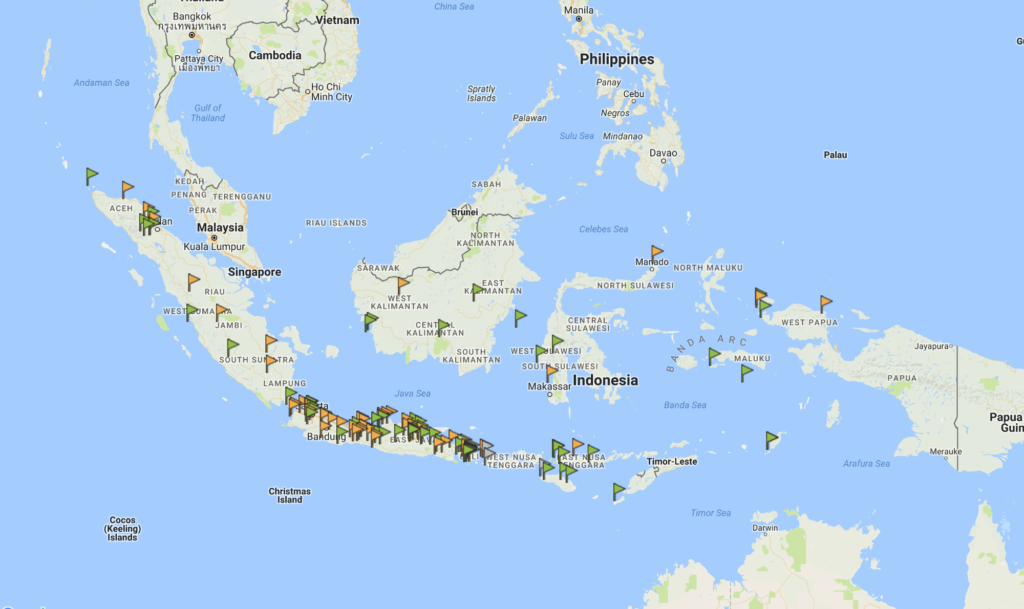
WildArk: In what ways do you work with your co-ordinators to make sure they are doing the best possible job with your books?
Petr: Co-ordinators have to be IT literate. In the beginning, we gave the books to whoever asked for them, and we never got feedback, and we felt like we didn’t know what was happening with the books. Now we are strict about our application process. Co-ordinators must submit proof that they can work with kids and upload pics and movies.
We have a Facebook group for the co-ordinators whom we call our ‘Green Gurus.’ Here we publish guidelines for games and activities, and we ask for feedback. It’s never about the kids reading and answering tests. Instead, we focus on interactive games and activities. Our perspective is that if they completed the activity, they are learning.
It is also important to us to upskill our co-ordinators. This have invited co-ordinators to Bali for a green educators course organised by the Green School. They have created a course in Bahasa Indonesia, and the goal is to educate the educators. We feel that is the best thing we can do to have the most impact on the 85 million children in Indonesia.
WildArk: What are some of the other tools you use to educate?
Petr: We have songs, posters and we are developing a movie about the negative effects of Palm Oil.
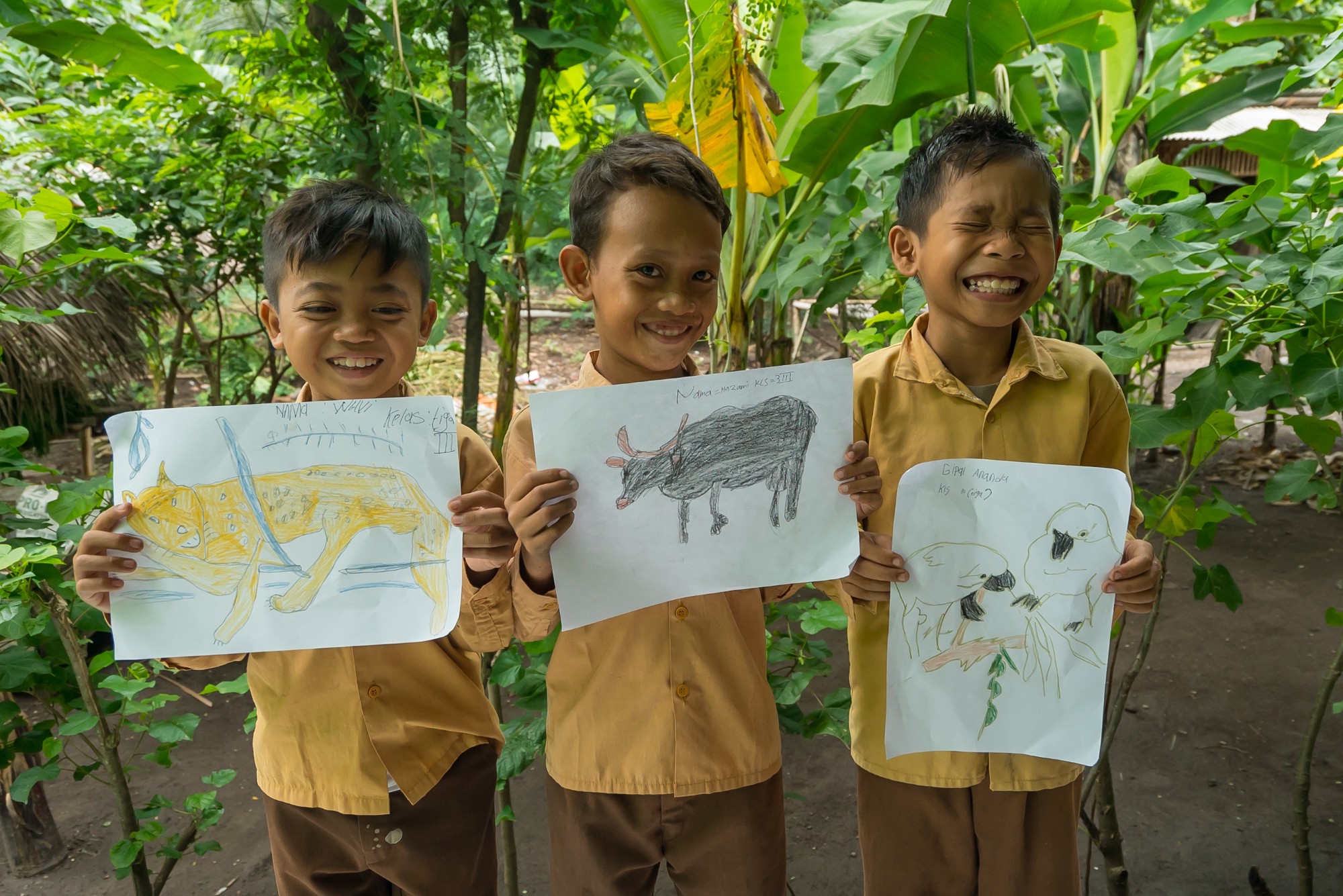
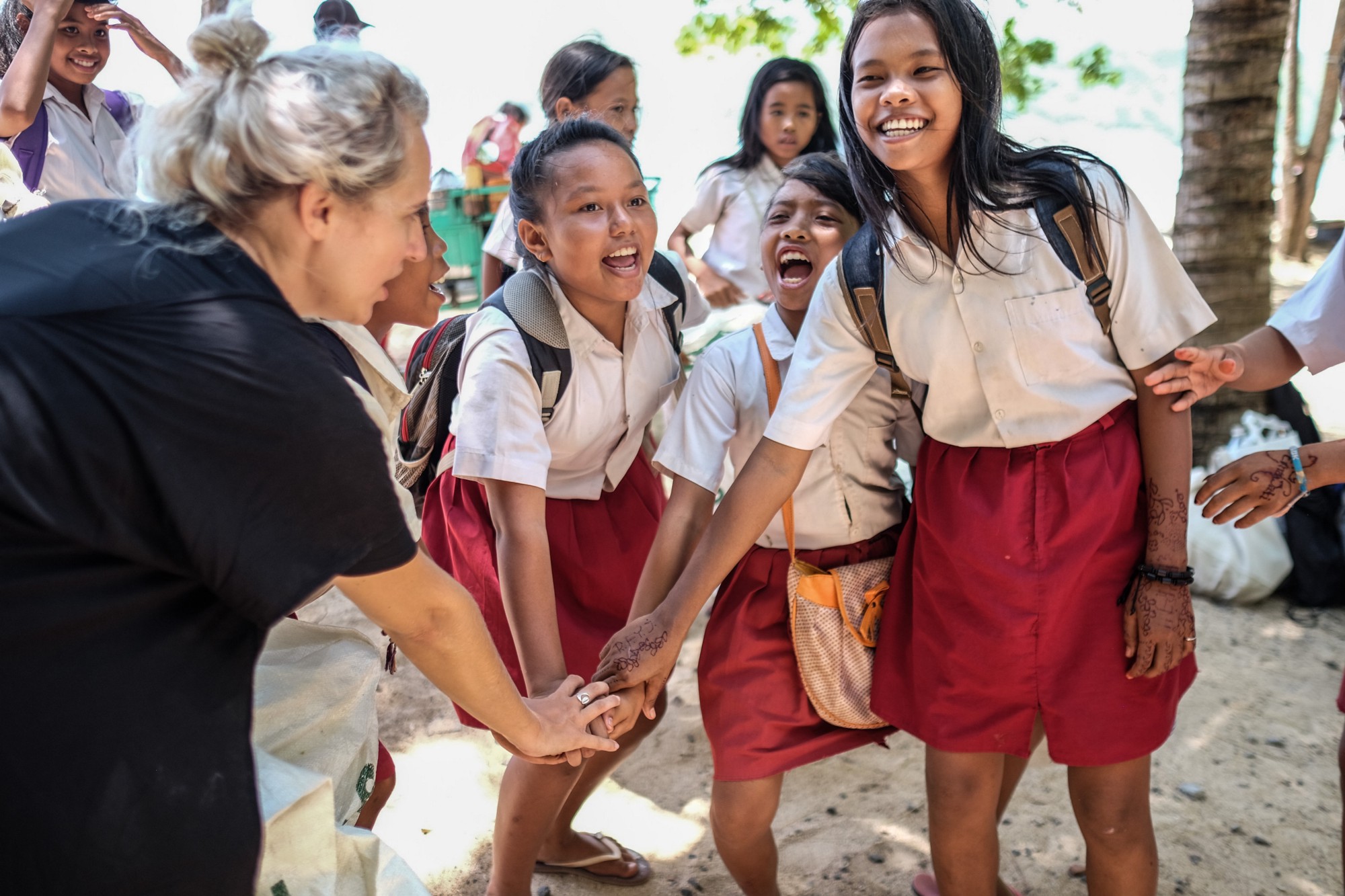
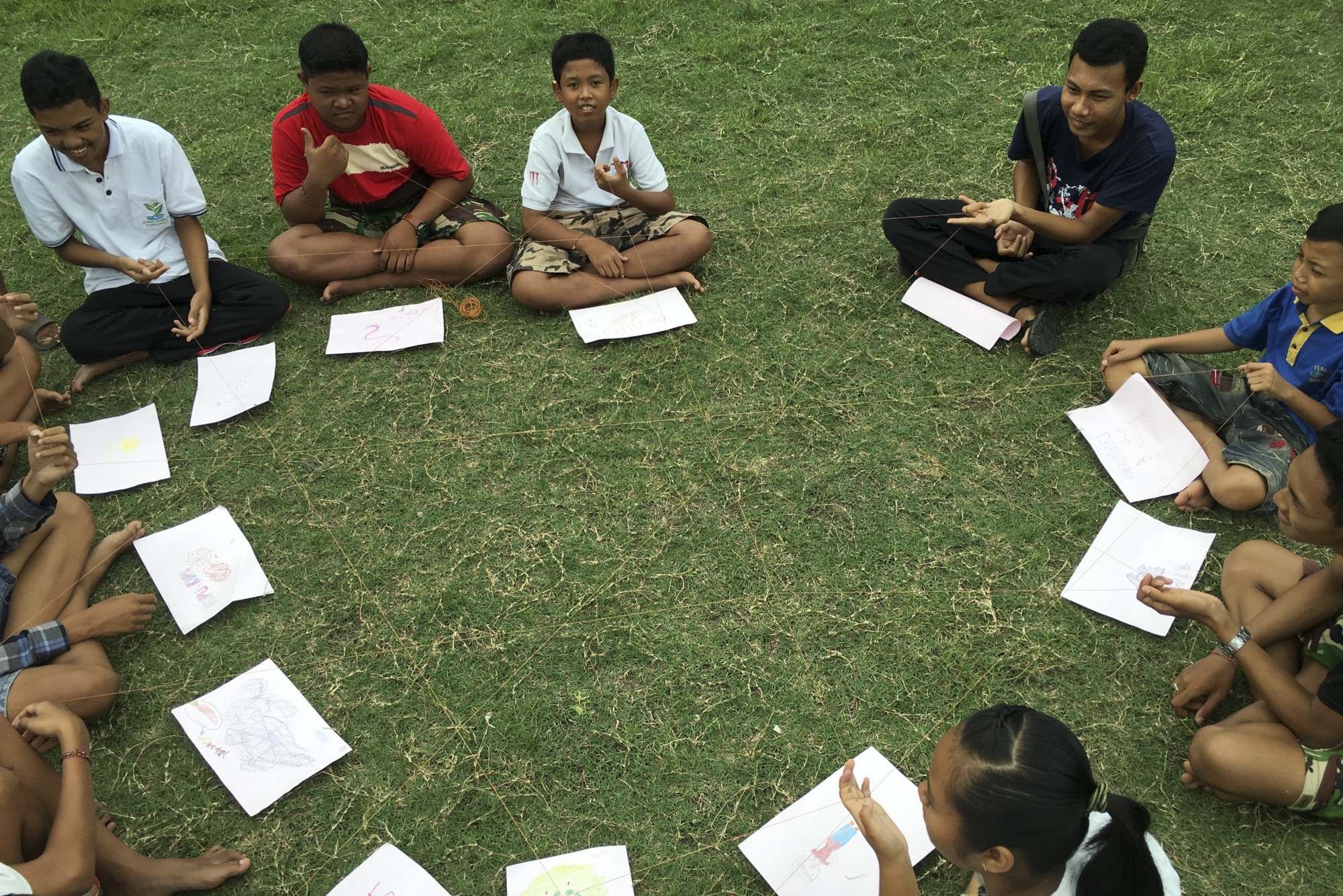
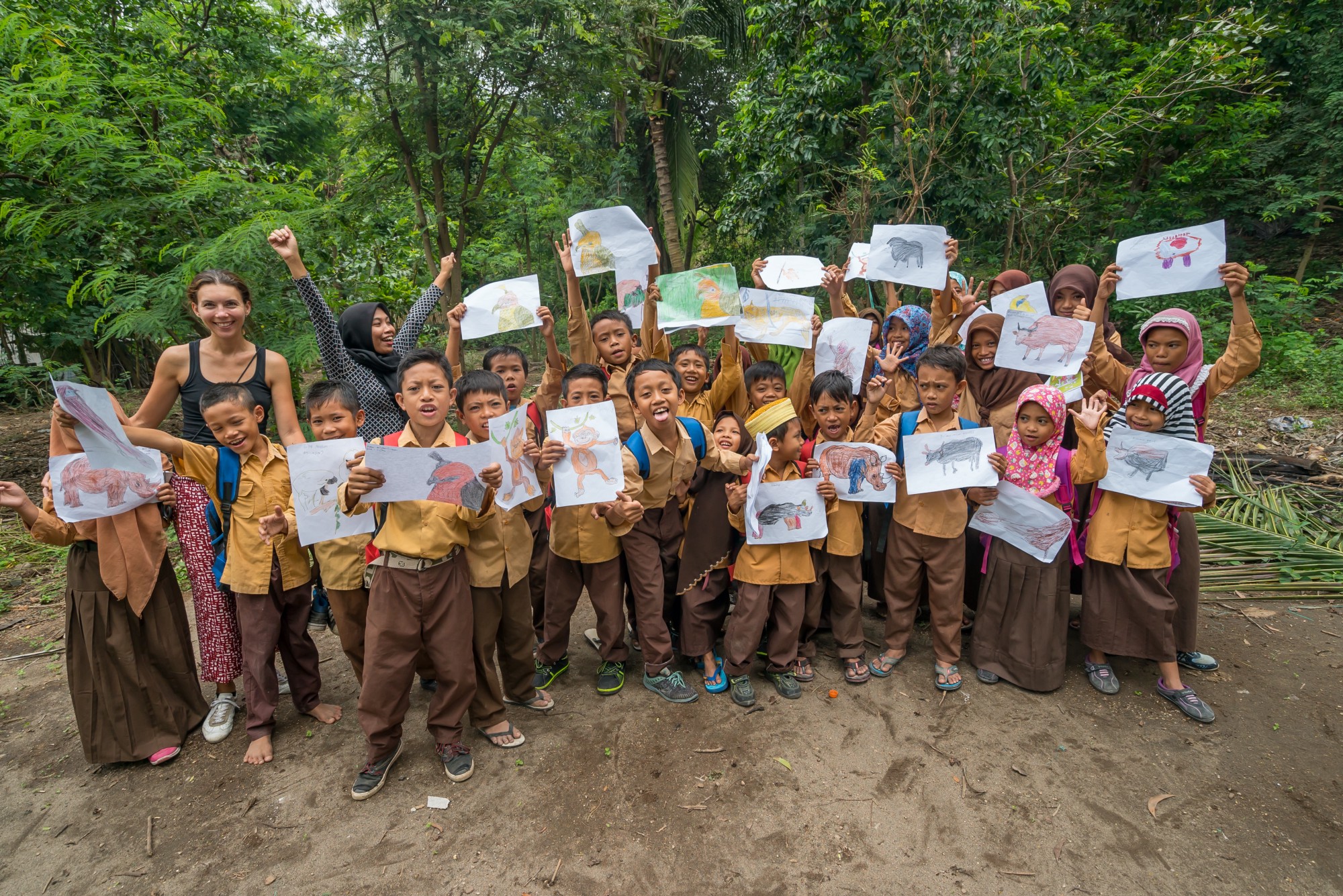
WildArk: How do you measure the success of your program?
Petr: How do we measure children’s knowledge? One way is to give them a test now and then one year later to see what they learned. However, we feel this is a very old-fashioned style of learning. The other way is to hope that whatever the children are getting influenced by now, they will take with them in the future.
WildArk: Do you supply books free of charge?
Petr: All of our 65 Eco-Libraries have been funded by public donations. One set of books contains 50 books and costs $250. Next year we plan to expand and hire one staff member to help with the program management and development of activities for the children.
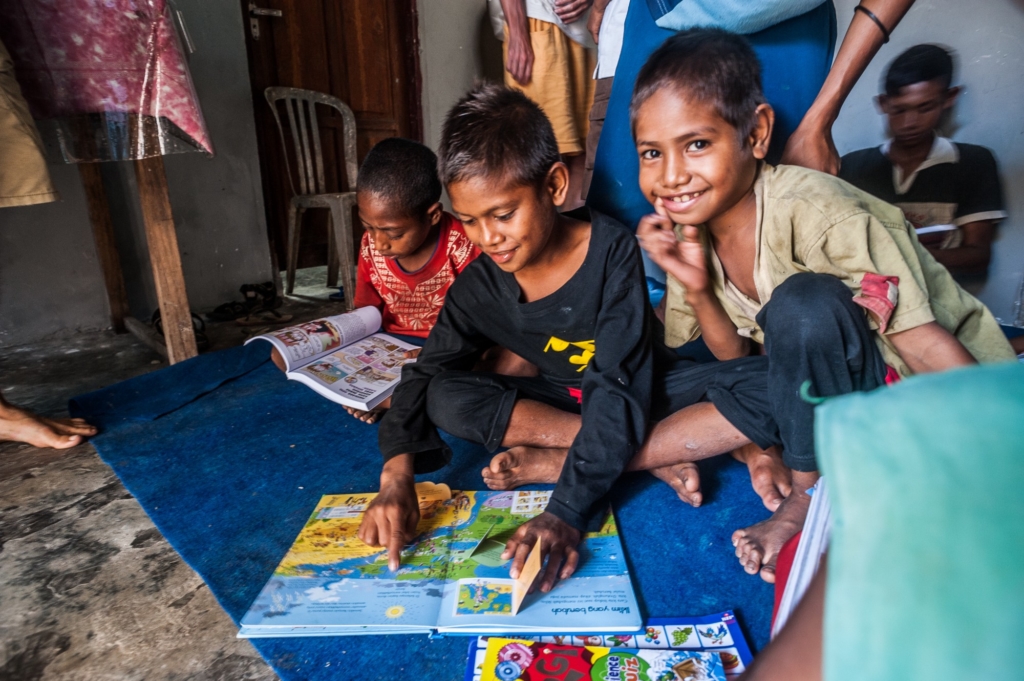
What is your ultimate dream for green-books.org?
Petr: I wish that all the kids around the world would be able to understand how all ecosystems are interconnected and how people influence those ecosystems with their actions. I want them to understand that everything we do its connected to everything else and that we need to live more sustainably than we do now otherwise we cannot survive here as a species.
Find out more about green-books.org or make a donation here.
